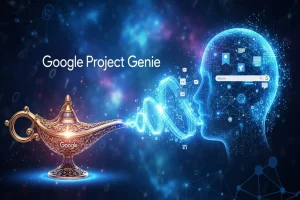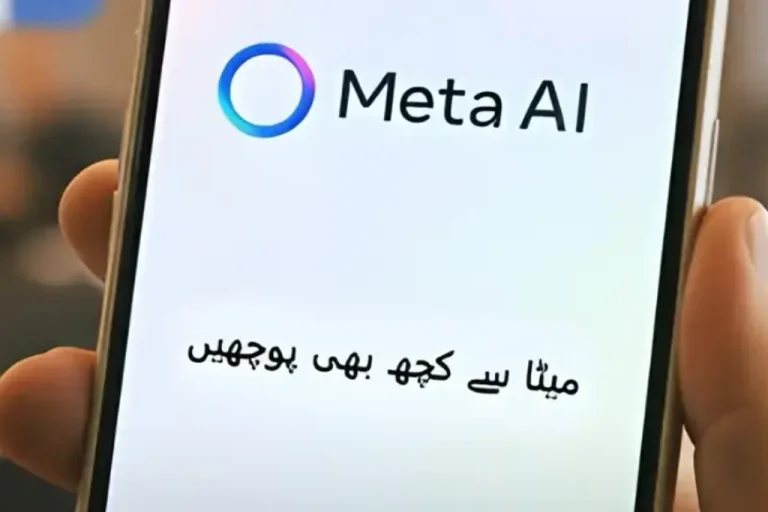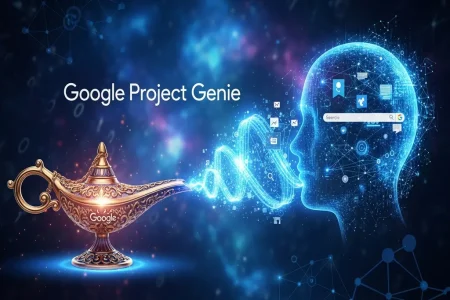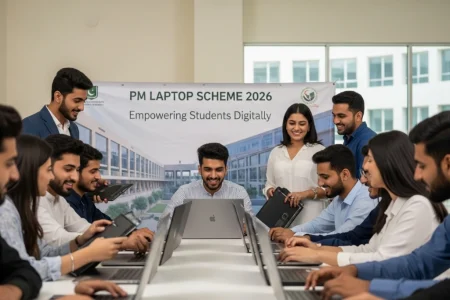MoITT, the ministry of Information Technology and Telecommunication partnering with Meta has developed ALIF, an Urdu version of Meta AI. This new AI assistant will enable individuals in Pakistan to communicate and interact using their native language, which will enable artificial intelligence to be more accommodative and user-friendly to all.
Taking a Step to Digital Inclusion
The future of AI and innovation event, during which the launch of ALIF was announced, brought attention to the Pakistani example in terms of digital transformation. Government representatives, technology specialists, and teachers came together to talk about the role artificial intelligence can play in the future of the country.
Under ALIF, users who speak Urdu will be in a position to pose questions, seek information and communicate in their natural language. The move will enable more Pakistani people to embrace technology and use AI in learning, business, and other aspects of life.
Federal Minister for IT and Telecom, Shaza Fatima Khawaja, inaugurated the event. She said that Pakistan is moving rapidly toward a future where technology empowers every citizen. According to her, the government’s National AI Policy and collaboration with Meta are clear signs of their commitment to promote AI literacy, innovation, and digital transformation across public institutions and universities.
Meta’s Efforts to Support Pakistan
As part of this initiative, Meta also introduced a localized version of its guide titled “Transforming Public Sector Innovation in Asia Pacific with Llama.” Created in partnership with Deloitte and supported by MoITT, this guide explains how Meta’s open-source Llama AI model can help governments work more efficiently, improve public services, and maintain data security.
AI Literacy Program for Teachers
Earlier this year, the Ministry of IT&T, along with Meta, HEC, NCEAC, and Atomcamp, launched an AI Literacy Program for Pakistani universities. The program aims to train 350 non-computer science faculty members in AI skills so they can prepare students for the future job market. This effort will build the foundation for a more AI-aware and skilled generation.







